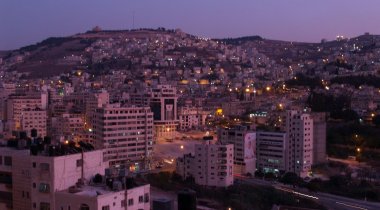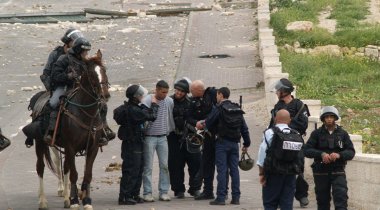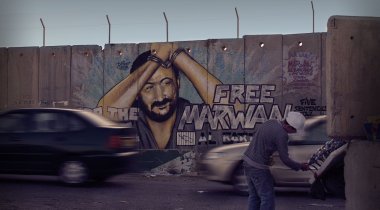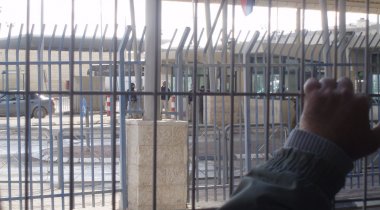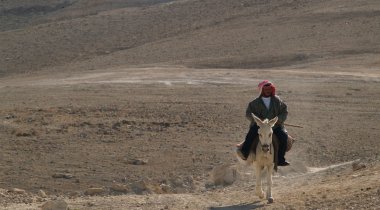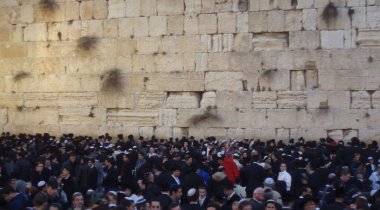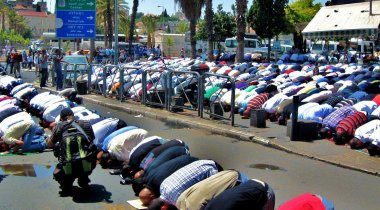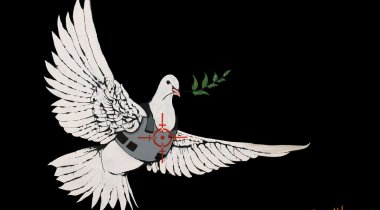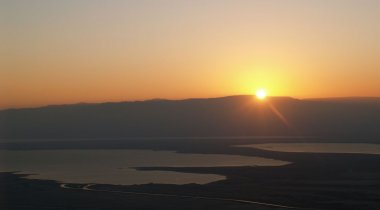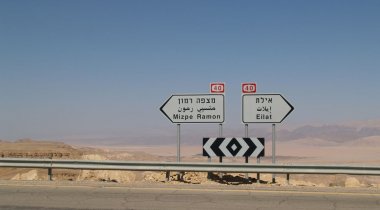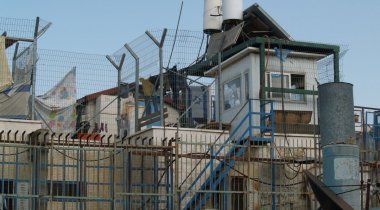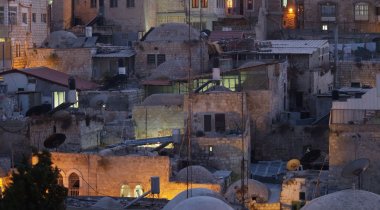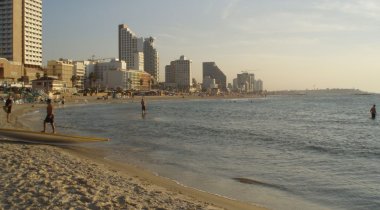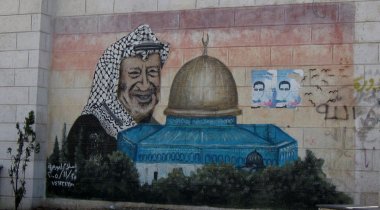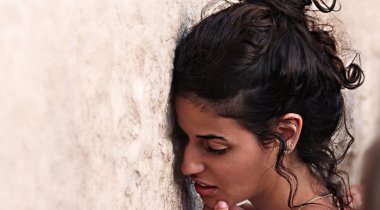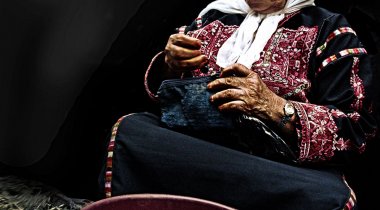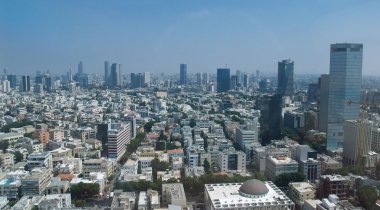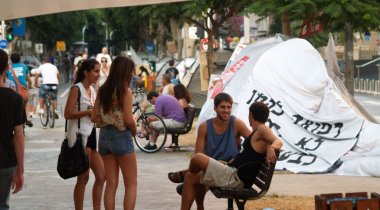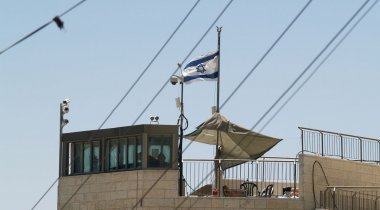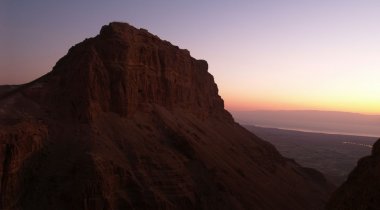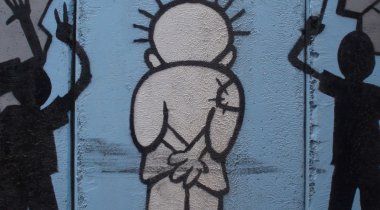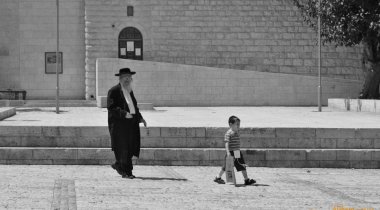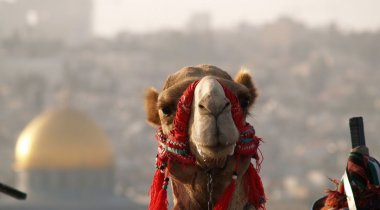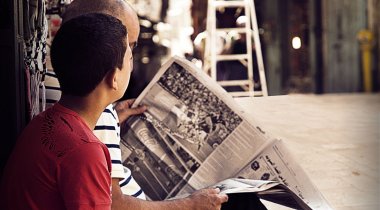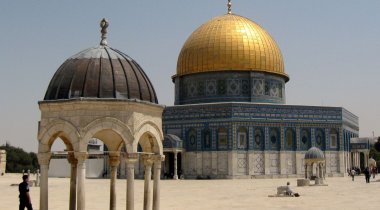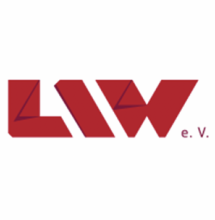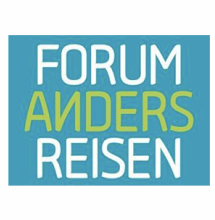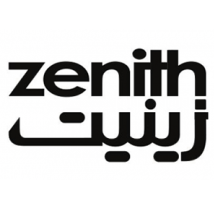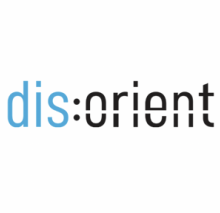The ongoing political and military fight over land impacts everyday life in Jerusalem, Tel Aviv, Haifa, and Hebron and demands our special attention. We should also learn about the extremely diverse societies found in Israel and Palestine. A huge variety of people with contrasting and conflicting secular and religious lifestyles—and a correspondingly diverse and active civil society—live on a landmass that is smaller than Belgium.
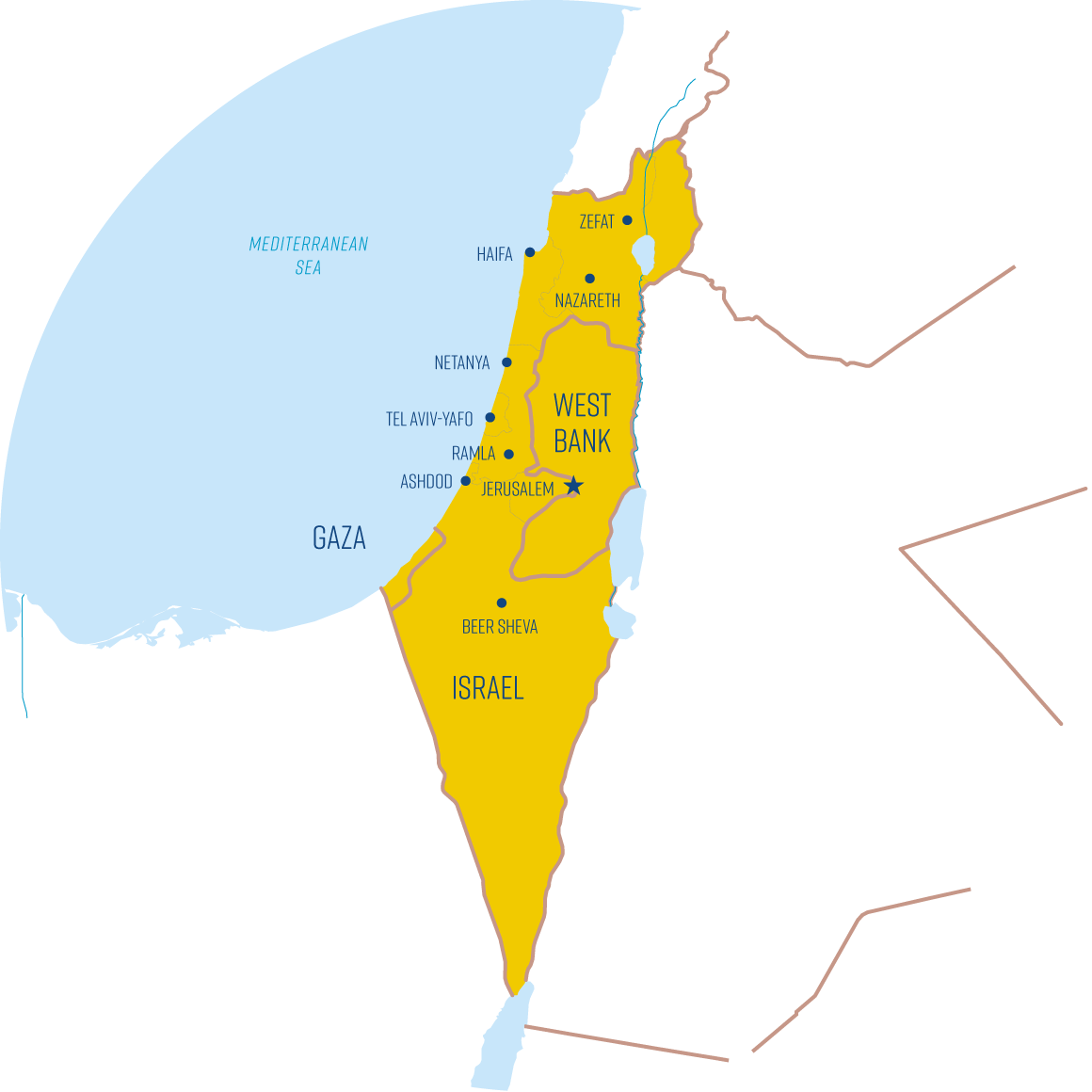
The economies on opposite sides of the “separation barrier” that winds for 750 kilometers through the land could hardly be more different: The “start-up” nation of Israel boasts high-tech companies that are global leaders but also features extreme economic inequality, while Palestine’s economy languishes under import and export restrictions and is dependent on external funding.
But there is more to Israel and Palestine than these political, social, economic, and religious issues. Its natural treasures include unique flora and fauna in Wadi Qelt, which runs from Jerusalem to Jericho, well-watered gorges in the Golan Heights to the north, fertile valleys around Bethlehem, and the Ramon Crater in the southern Negev Desert.
Unsere Highlights
Jerusalem
All three Abrahamic religions—Judaism, Christianity and Islam—have sacred sites in the Old City of Jerusalem. Vad Yashem, the world’s largest Holocaust memorial, is located in West Jerusalem. The political future of the city, whose eastern and western sectors display huge socio-economic differences, is a major bone of contention. We will investigate these subjects on political tours, as well as in conversations with contemporary witnesses and discussions with civil-society actors.
Tel Aviv & Jaffa
Tel Aviv represents a modern, secular, liberal contrast to Jerusalem. The Mediterranean beach metropolis with its start-ups, cafés, and clubs also has many East African refugees. We’ll examine the history of Zionist colonization, which inspired the founding of Tel Aviv in 1909 and its master plan of the 1920s. We will also discuss the Zionist narrative of the events of 1948 and the founding of the State of Israel. In the nearby, once-bustling, ancient port city of Jaffa, we will concern ourselves with how Palestinians view 1948 and discuss Jaffa’s significance for Arab nationalism. Finally, we also observe how long-time Palestinian residents are being displaced by gentrification and political decisions.
Hikes
The varied landscapes of Israel and Palestine—the desert canyon of Wadi Qelt, the Golan Heights, the Negev Desert, and the central highlands—beckon us to take long hikes. Along the way, we provide the group with input on the political topography of the region.
Haifa
The northern port city of Haifa is one of Israel’s few “mixed cities” that is inhabited by both Jewish and “Arab-Israeli” residents. We will investigate issues of coexistence in the State of Israel with people who live in this major industrial and university center.
Ramallah
In the West Bank’s booming administrative center, we seek to engage in dialogue about the realities of life for Palestinians under occupation, as well as inner-Palestinian conflicts.
Jericho, Hebron, and Bethlehem
We start by visiting the ancient treasures of these Old Testament cities. We also address ongoing settlement construction, the route of the Wall, and how restrictions on freedom of movement impact the everyday life of Palestinians.

